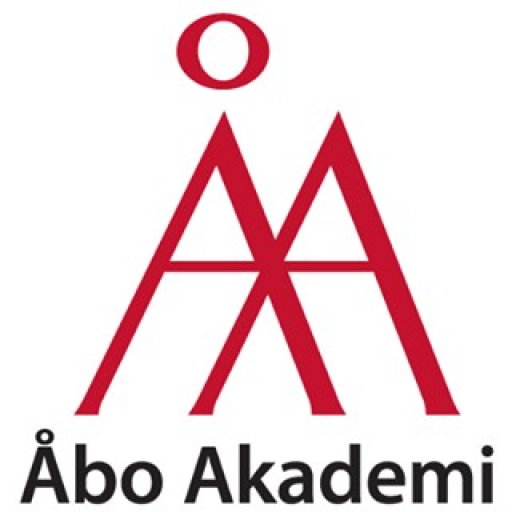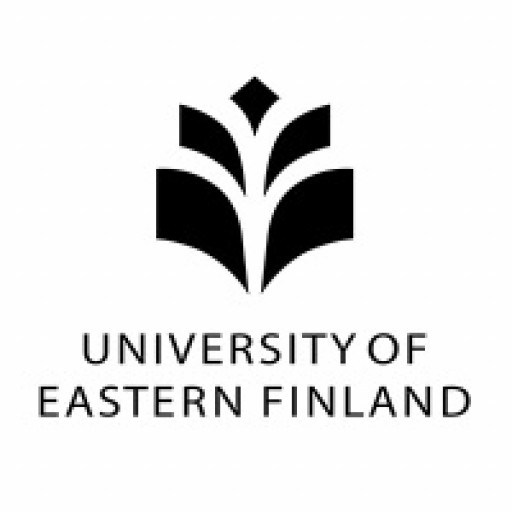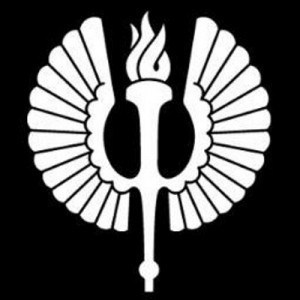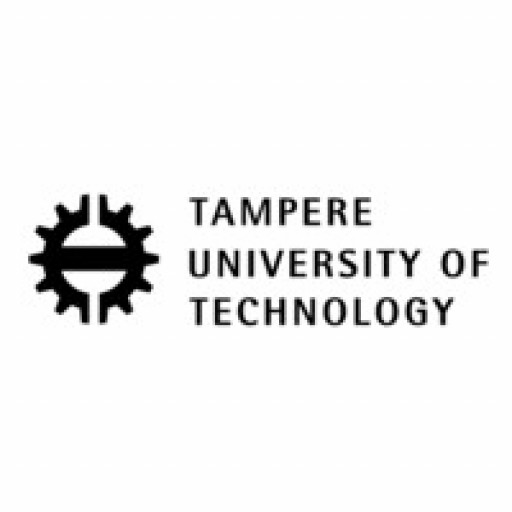Photos of university / #aboakademi
The Bachelor's Degree Programme in Biomedical Imaging at Abo Akademi University offers students an in-depth education in the field of medical imaging, combining principles of physics, biology, and engineering to prepare graduates for a variety of careers in healthcare and research. The programme is designed to provide students with a comprehensive understanding of the technologies and techniques used to visualize and analyze biological tissues and organs, supporting diagnosis, treatment, and medical research. Throughout the studies, students will explore topics such as medical imaging modalities including MRI, CT, ultrasound, and nuclear medicine, as well as image processing, data analysis, and the development of new imaging methods.
The curriculum integrates theoretical studies with practical training, ensuring students gain hands-on experience with state-of-the-art imaging equipment and software. Emphasis is placed on interdisciplinary knowledge, combining anatomy, physiology, physics, and engineering to enable students to understand the underlying principles of imaging technologies and their applications. The programme also addresses the latest advancements in biomedical imaging, including molecular imaging and personalized medicine, preparing students to contribute to innovative solutions in medicine and health sciences.
Students will also acquire skills in research methodologies, scientific communication, and project management, which are essential for careers in research institutions, hospitals, and medical device companies. Collaboration with healthcare professionals and researchers during the programme provides valuable insights into clinical applications and fosters a multidisciplinary approach to problem-solving. Graduates of the programme will be equipped to pursue careers as biomedical imaging specialists, researchers, or continue their studies in master's and doctoral programmes.
Abo Akademi University’s strong connections with the healthcare and technology sectors offer opportunities for internships and networking, enhancing employability upon graduation. The programme promotes scientific curiosity, analytical thinking, and innovation, preparing students to become leaders in the rapidly evolving field of biomedical imaging. With a solid foundation in both theoretical and practical aspects, graduates will be prepared to contribute to advancements in medical diagnostics, treatment planning, and biomedical research, ultimately improving patient outcomes and healthcare quality worldwide.
The mandatory courses in the biomedical imaging programme cover a range of subjects from microscopic applications to cell biology, anatomy and physiology, nanomedicine or biophysics – depending on the area of imaging specialization. In addition, students are given the opportunity to specialize in targeted areas of biomedical imaging through their choice of minor subject studies. Students will also gain practical experience in working in a research group while doing an internship and writing their master’s thesis. All of these components will provide students with a strong basis for further studies in an academic and professional context.
You are an eligible applicant for Master’s-level studies if
- you have a nationally recognized bachelor’s degree or equivalent from an accredited institution of higher education,
- you meet the language requirements
- your degree is in a relevant field for the Master’s degree programme that you’re applying to
The programme is open to those who have completed a lower university degree equivalent to a Finnish B.Sc. degree (180 ECTS) in Life Sciences or in a relevant field (biomedical sciences, physics, engineering, medicine or chemistry). Applicants to the Master’s degree programmes taught in English must always prove their knowledge of the English language and fulfill the general academic requirements.
The scoring of the applicants is done based on compatibility of the background studies, previous academic success and study history, laboratory working experience, motivation stated in the application and the interview performance.
You can prove your level of language proficiency in English by submitting one of the following English-language test scores to your application:
- IELTS Academic (International English Language Testing System): Scores in the Academic test with an average of 6.5, with no individual scores below 5.5. Even if you have the minimum score required in the different sections, you will not be eligible if the required total score is not achieved. Note that the IELTS General Test score is not accepted.
You can attach a copy of the test report form to your application. The test report form must be verifiable. The results are valid for two years. - TOEFL (Test of English as a Foreign Language): Total scores of at least 575 points in the paper-based test (PBT), or 90 in the Internet-based test (iBT). The Test of Written English (TWE) is required for those taking the paper-based TOEFL test.
In addition to this it is recommended that applicants from China and East Asia, unless they take the iBT test, take the TSE (Test of Spoken English) if they have not studied in one of the following countries: Australia, Canada, Great Britain, Ireland, New Zealand or USA. The required score in the TSE is 45.
The TOEFL reporting code for Åbo Akademi University is 9880. The results are valid for two years. - PTE Academic (Pearson’s test of English): Total score of at least 62 points. Once you receive your test score send it to Åbo Akademi University from your PTE account. Choose Finland as the “Country” and Åbo as the “City”, then select the university you want to send your results to and confirm your order. After this, ÅAU should have access to your test results within 48 hours. Be advised that online language test results will only be accepted from the test organiser. The results are valid for two years.
Fee-paying students can apply for a scholarship to cover a part or the whole tuition fee.
There are three scholarship categories:
- Full Scholarship, covering the tuition fee and includes a annual scholarship to cover the student’s living expenses (6 720 €), awarded for 2 years (second year conditional)
- Tuition Fee Scholarship, covering 100 % of the tuition fee, awarded for 2 years (second year conditional)
- Tuition Fee Scholarship, covering 50 % of the tuition fee, awarded for 2 years (second year conditional)
The decision to grant a scholarship is based on
- the academic performance of the student in his/her previous studies,
- how well the applicant meets the programme requirements
- the answers the applicants have given in the application form
When applying to Åbo Akademi University, applicants can indicate on the application form their wish to apply for a scholarship. In the application form the applicants are asked to answer a set of questions related to motivation and future goals. The answers to the questions will be assessed by the scholarship committee who makes the decision on granting the scholarships. In the assessment the following is evaluated: communicative skills, academic goals and general interest in the field.
The decision on the granted scholarship is given to the applicants together with the admission letter. In order to accept the scholarship the applicant must have accepted the study entitlement offered (binding acceptance).
Scholarships for the second year of study
The scholarships are awarded for two years. However, the second year is conditional depending on the progress of the studies. In order to qualify for the scholarship in the second year, a scholarship holder must earn at least 55 credits during the first academic year (the progress of the studies is checked in the end of May).
In addition to the scholarships listed above there will also be a chance to apply for a scholarship for the second year. This opportunity is open for all those students who have paid their fees during the first year or who have received a tuition fee scholarship covering 50% of the tuition fee in the first year. The requirement to receive this scholarship is excellent study records (GPA over 4), 55 earned credits during the first academic year and a good motivation to continue the studies.
The Biomedical Imaging master's programme at Abo Akademi University offers students an advanced understanding of imaging techniques and their applications in medicine and biological research. The programme is designed to equip students with comprehensive knowledge of various imaging modalities, including magnetic resonance imaging (MRI), computed tomography (CT), ultrasound, and optical imaging methods. Students will learn about the fundamental principles underlying each technique, as well as their practical applications in diagnostics, treatment planning, and biomedical research. The curriculum emphasizes both theoretical knowledge and hands-on experience, allowing students to develop proficiency in operating imaging equipment, analyzing imaging data, and interpreting results to support clinical and research objectives.
During the programme, students will explore topics such as image processing, image reconstruction algorithms, biomedical signal analysis, and the latest developments in molecular and functional imaging. The coursework integrates principles from physics, biology, and medicine, fostering interdisciplinary skills necessary for innovation in biomedical imaging. Additionally, the programme includes laboratory work, project work, and possible internships, providing students with real-world experience and the opportunity to collaborate with industry partners or research institutions.
The intended outcome of the programme is to prepare graduates for careers in healthcare technology development, medical research, radiology, and biomedical engineering. Graduates will be capable of designing, applying, and improving imaging technologies to enhance diagnostics and treatment outcomes. They will also possess the skills to undertake research projects that push the development of new imaging modalities or improve existing techniques.
Furthermore, students will benefit from Abo Akademi University's international academic environment, which fosters collaboration and exchange of ideas. The programme also emphasizes ethical aspects of biomedical imaging and data handling, preparing students to work responsibly within regulatory frameworks and privacy considerations in healthcare.
The language of instruction is primarily English, accommodating an international student body. The duration of the master's programme is typically two years (120 ECTS credits). Admission requirements usually include a relevant bachelor's degree in engineering, physics, biomedicine, or a related field, along with satisfactory proficiency in English. Graduates of the programme are well-positioned to continue their careers either through doctoral studies or in professional roles within the biomedical imaging sector, contributing to advancements in healthcare diagnostics and treatment.
Overall, the Biomedical Imaging master's programme at Abo Akademi University aims to cultivate skilled professionals capable of innovating in the rapidly evolving field of biomedical imaging, with a strong foundation in scientific principles, technical skills, and ethical practices.








